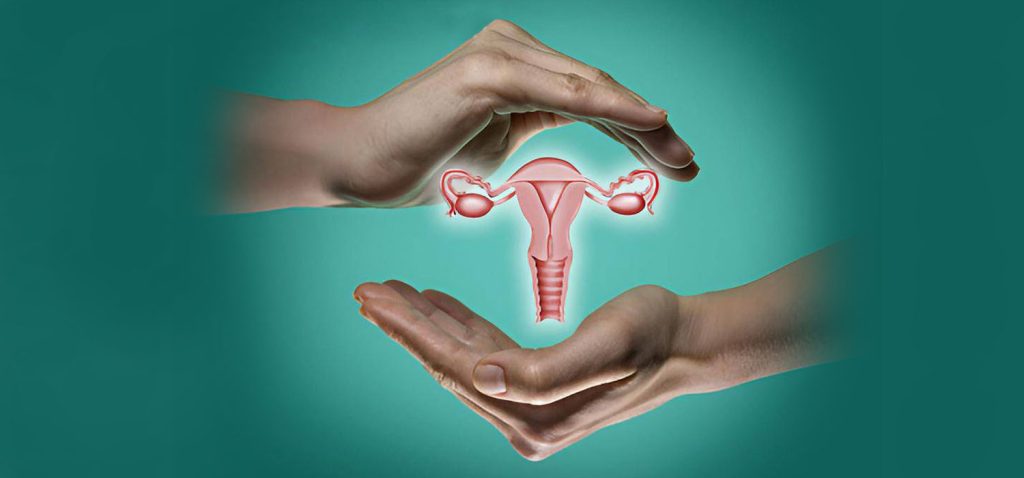Stress and Fertility: Finding Balance

The link between stress and fertility is a growing area of concern for many couples trying to conceive. While the journey to parenthood is an exciting one, it can also be accompanied by anxiety and emotional strain. Understanding how stress can affect fertility and learning ways to manage it is crucial for maintaining both mental well-being and reproductive health.Read More
How Stress Impacts Fertility
Stress affects nearly every system in the body, including the reproductive system. When stress levels rise, the body produces higher amounts of cortisol and adrenaline, hormones that prepare the body for “fight or flight” responses. Unfortunately, prolonged stress can lead to hormonal imbalances that may disrupt the menstrual cycle in women and reduce sperm production in men.
For women, stress can interfere with ovulation by impacting the hypothalamus, the area of the brain responsible for regulating reproductive hormones. This can lead to irregular cycles or even a complete cessation of ovulation, making conception more difficult. In men, stress can lead to lower testosterone levels, reduced sperm quality, and erectile dysfunction, further complicating fertility.
The Psychological Toll of Fertility Struggles
For many couples, the pressure to conceive can create a cycle of stress. As time passes without success, feelings of frustration, sadness, and anxiety can escalate, making it harder to achieve a relaxed state conducive to conception. This psychological toll can affect the relationship dynamic, as couples may feel isolated or helpless, adding even more strain to an already challenging process.
Chronic stress can also reduce libido, as mental exhaustion often diminishes the desire for intimacy, further reducing opportunities for conception. Recognizing and addressing these emotional challenges is a vital part of improving fertility outcomes.
Strategies for Reducing Stress to Boost Fertility
- Mindfulness and Meditation
One of the most effective ways to manage stress is through mindfulness practices such as meditation or deep-breathing exercises. These techniques can help calm the nervous system, lower cortisol levels, and promote a state of relaxation, creating an optimal environment for conception. Regular meditation can also help individuals reframe negative thoughts and focus on the present moment.
- Regular Physical Activity
Exercise is a proven stress reliever that also supports overall health. Engaging in moderate physical activities such as walking, swimming, or yoga can help regulate mood, boost energy levels, and reduce stress. It also encourages the release of endorphins, the body’s natural “feel-good” hormones, which can counteract stress and its negative impact on fertility.
- Adequate Sleep
Quality sleep is essential for regulating stress hormones and maintaining reproductive health. Aim for seven to nine hours of sleep per night, and establish a calming bedtime routine to enhance sleep quality. Lack of sleep not only increases stress levels but also negatively affects hormone production and fertility.
- Support Systems
Seeking emotional support from friends, family, or professional counsellors can be instrumental in managing fertility-related stress. Talking openly about feelings and concerns can relieve emotional burdens and create a sense of connection, which is essential during difficult times. Couples may also benefit from joining support groups where they can share experiences and advice with others facing similar challenges.
- Acupuncture and Massage Therapy
Alternative therapies such as acupuncture and massage can provide stress relief and improve fertility. Acupuncture, in particular, has been found to help regulate hormones and enhance blood flow to reproductive organs. Massage therapy, on the other hand, helps release physical tension and promotes relaxation.
Final Thoughts
While stress is a natural part of life, managing it effectively is crucial for maintaining fertility and overall well-being. By incorporating stress-reduction strategies like mindfulness, regular exercise, quality sleep, and emotional support, couples can improve their chances of conception. Achieving a healthy balance between emotional and physical health is key to navigating the fertility journey with resilience and hope.
Related Posts

How Live-In Carers Support Women Through Complicated Pregnancies

Navigating Fertility Challenges: Insights and Innovations


